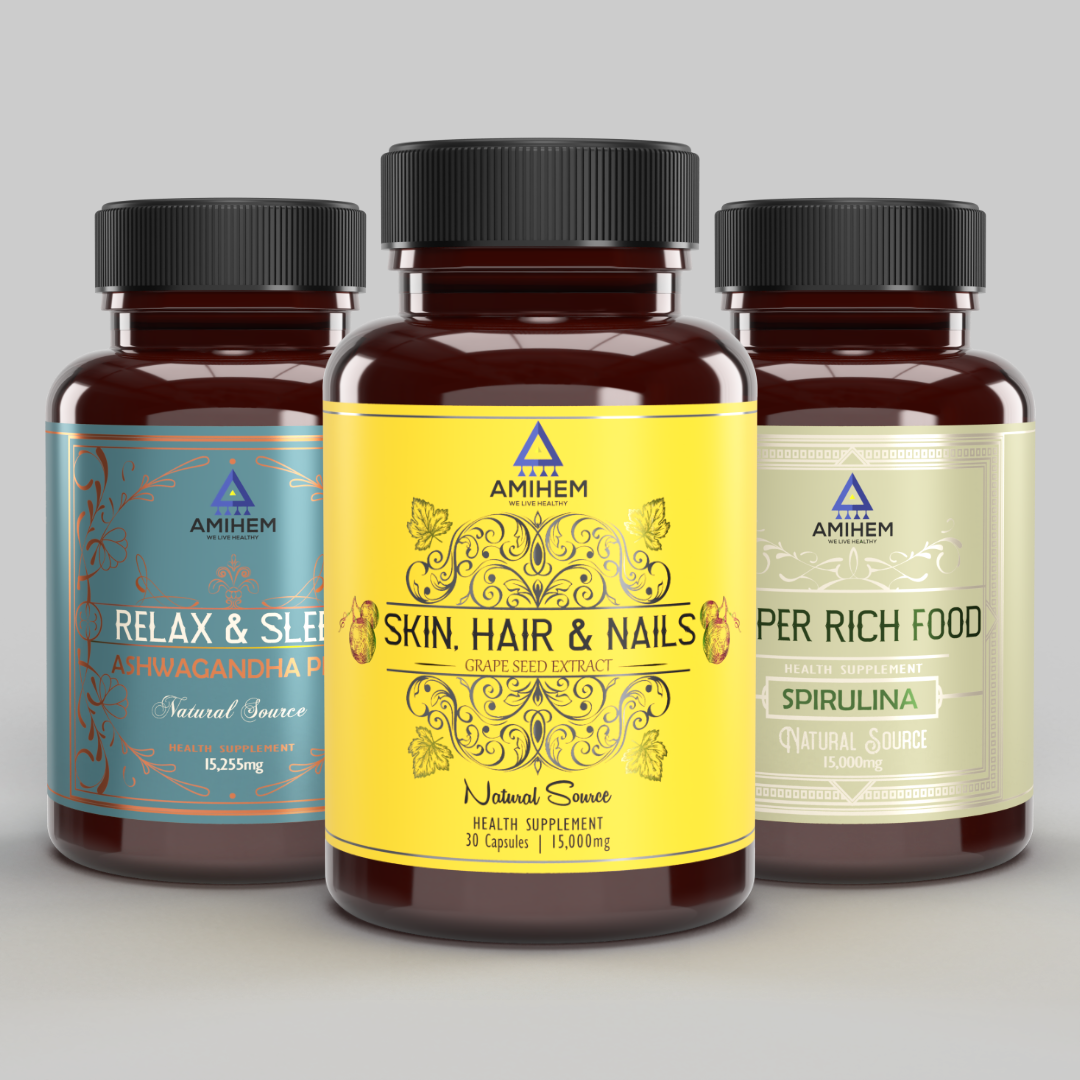Ashwagandha, known scientifically as Withania somnifera, has been a cornerstone of Ayurvedic medicine in India for over 6,000 years. Often called "Indian ginseng," this adaptogenic herb is revered as a Rasayana—a rejuvenator that promotes physical and mental health, longevity, and overall vitality. A comprehensive review highlights its wide-ranging benefits, from boosting stamina to supporting brain health, making it a go-to natural remedy for general wellness in modern times.
In India, ashwagandha is commonly used as a churna (powder) mixed with water, ghee, or honey, enhancing brain function, immunity, and resilience to stress. Its potent antioxidants and active compounds like withanolides and sitoindosides contribute to its therapeutic effects, protecting against cellular damage and modulating the body's response to various stressors.
Key Benefits for General Wellness
Scientific studies validate ashwagandha's traditional uses, showing its potential in multiple areas of health. Here's a breakdown of how it supports overall well-being:
1. Adaptogenic and Anti-Stress Effects: As an adaptogen, ashwagandha helps the body cope with stress. Animal studies demonstrate it increases swimming endurance in rats, prevents stress-induced gastric ulcers, and maintains adrenal hormone levels like cortisol and ascorbic acid. It also protects against chemical stressors and enhances physical stamina, making it ideal for managing daily fatigue and promoting vitality.
2. Immune and Anti-Tumor Support: The herb boosts cell-mediated immunity and has shown anti-tumor properties. In experimental models, it inhibited tumor growth in Chinese Hamster Ovary cells and prevented urethane-induced lung adenomas in mice. It also improved white blood cell counts and reduced side effects in cancer treatments, potentially extending life span by modulating immunity.
3. Brain Health and Cognitive Enhancement: Ashwagandha promotes memory and intellect, especially in children, the elderly, and those with cognitive deficits. It has neuroprotective effects against diseases like Alzheimer's, Parkinson's, and Huntington's by reversing neuritic atrophy, promoting dendrite formation, and mimicking GABA for anxiolytic benefits. Studies show it reduces anxiety comparable to lorazepam and supports nerve regeneration.
4. Anti-Inflammatory and Anti-Arthritic Properties: With its analgesic and anti-inflammatory actions, ashwagandha eases joint pain and inflammation. It's effective in rheumatoid and osteoarthritis, inhibiting glycosaminoglycan synthesis and reducing pain mediators like serotonin. Clinical uses include treating rheumatism, swelling, and related conditions.
5. Energy and Mitochondrial Health: The herb enhances energy levels by influencing mitochondrial function, reducing oxidative stress, and supporting anabolic processes. It increased body weight in long-term rat studies and improved ATP production, aiding recovery from exhaustion.
6. Reproductive and General Tonic Benefits: Traditionally, ashwagandha acts as an aphrodisiac, improving sexual health and reproductive balance. It's used for emaciation in children, debility in old age, and conditions like insomnia, constipation, and goiter. Preparations like Ashwagandharishta stimulate vitality and increase sperm count.
These effects stem from ashwagandha's chemical composition, including alkaloids, steroidal lactones, and saponins, which provide antioxidant, immunomodulatory, and anti-stress actions. While large-scale clinical trials are needed, preliminary evidence supports its role in stress-related disorders, neuronal conditions, and cancers.
Safety and Traditional Use in India
Ashwagandha is generally safe, with an LD50 of 1750 mg/kg in acute toxicity studies, indicating low risk. In India, it's a household remedy for all ages—tonics for children, vitality boosters for the elderly, and aphrodisiacs for the young. However, consult a healthcare provider for personalized use, especially in pregnancy or with medications.
If you're exploring ashwagandha in India for general wellness—perhaps alongside your interest in health supplements— this versatile herb offers a natural path to balanced health. From ancient Ayurvedic texts to modern research, it continues to prove its value as a rejuvenator.
References
An Overview on Ashwagandha: A Rasayana (Rejuvenator) of Ayurveda" by Narendra Singh et al., published in the African Journal of Traditional, Complementary and Alternative Medicines (2011), is available at https://pmc.ncbi.nlm.nih.gov/articles/PMC3252722/


